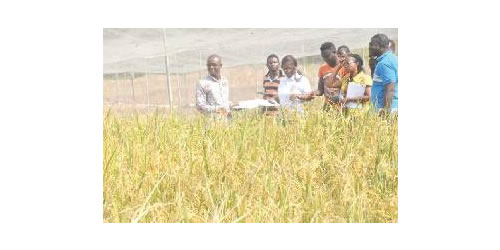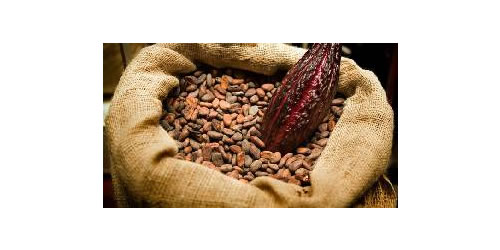Govt launches Warehouse Receipt System to store food

As part of efforts aimed at implementing the ‘Planting for Food and Jobs’ programme, government has launched the Warehouse Receipt System Project to help in the storage and distribution of farm produce.
The project is also aimed at solving post-harvest challenges faced by Ghanaian farmers in the Agriculture sector.
Speaking to journalists after the launch of the project, a Deputy Minister for Trade and Industry, Carlos Ahenkorah explained that the project will bring relief to farmers and improve their welfare.
“The warehouse receipt system is an integral part of agricultural trade and financing and is important for agricultural development. Ghanaian farmers will better off under such project,” he stressed.
Mr. Ahenkorah was optimistic the system will improve storage, promote structured trade, and enhance financing.
“It would also reduce risk of contract and performance defaults in agricultural trade and also facilitate competitive financing with agricultural commodities as collateral,” he said, adding that “it will allow producers to select the best time to sell their products, thus potentially increasing their profits”.
He pointed out that, an important characteristic of the system is the security it provides to buyers.
“When a receipt is offered for sale the buyer knows that the underlying commodity is in secure storage and being managed professionally. The buyer knows that he will get the quantity and quality stated on the receipt and that it is guaranteed by the storage facility operator,” he explained.
He stated that Agriculture remains one of the key sectors prioritized by Government to expand exports and to promote a sustained approach to poverty reduction.
According to him, government intends to achieve this through structured trade reforms in the implementation of the National Trade Policy.
“Without adequate warehousing facilities, the right standards, and the right quality of commodities, there will always be a disjoint between agricultural production levels and the needs of industry”.
Source : Citifmonline.com





